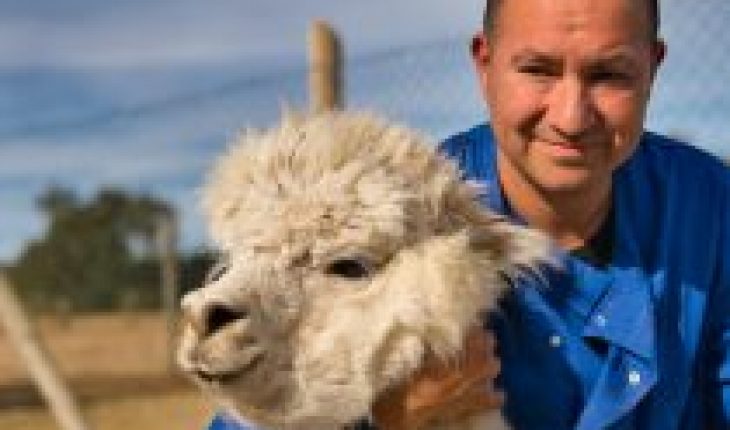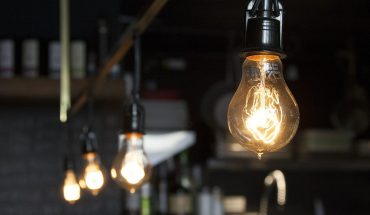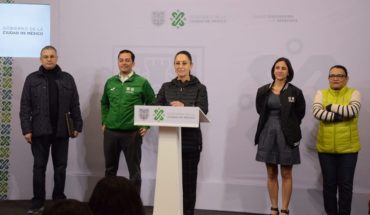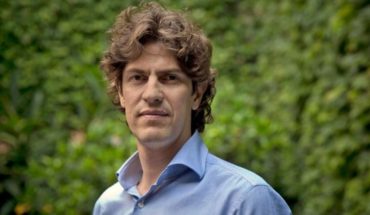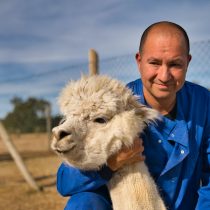
Despite how promising this therapeutic alternative is, it is not funded to continue developing the inhaler. The next process to reach the patient costs about $3 million.
“Unfortunately the project has failed to gain support and the project is therefore in danger today. The Ministry of Science has shown significant bias that only leads them to support scientific advances developed in the capital, despite having results backed by scientists in Germany and Australia, we do not have the funding to move forward,” said Dr Alejandro Rojas, leader of the research team at the Medical Biotechnology Laboratory at the Southern University of Chile.
The team of the Laboratory of Medical Biotechnology of the Universidad Austral de Chile, led by Alejandro Rojas, after intense months of work, managed to isolate a super antibody capable of completely neutralizing the coronavirus from alpacas.
“Unlike other mammals, came lipids, including alpacas and llamas, defend themselves against diseases by producing very simple antibodies, making it possible to extract genetic information to reconstruct this immunity in the laboratory. Thanks to advanced molecular biology tools, we have studied this immunity of alpacas for the defense against coronavirus, while generating an effective and safe vaccine,” says Rojas.
This research began in February through immunization of alpaca called Buddha, with coronavirus proteins, then a blood sample was took in which the team found that alpaca reacted, generating immunity against the virus.
With this information they began a complex process of molecular biology to find the genetic information and be able to reproduce the antibodies in the laboratory. After reviewing more than 6 million nanoantibodys they came up with the extraordinary W25.
“Part of their antibodies are very simple, that is, they are generated from a single gene, so with a blood sample that we take from them, we obtain the genes that produce the antibodies, we can isolate them and separate the groups that can recognize the pattern of the coronavirus. Afterwards, we produce that gene in a bacterium through procedures very similar to those that produce proteins like Insulin. Today we have the possibility to produce these antibodies on a global scale,” the academic explained.
Nanoantibody W25
The W25 nanoantibody, to this day, has the highest reported affinity in the world against the Spike protein of the coronavirus. Daniel Watterson, of the University of Queensland, Australia, managed to demonstrate that W25 is excellent neutralizer of the virus, an effective antiviral that blocks the entry of coronavirus into cells. The Australian team managed to isolate variants of the virus from patients, with the neutralizing effect of W25 on the more infectious and dominant variant of the coronavirus known as SARS-CoV-2 G614.
With this result, southern scientists found extraordinary properties in terms of stability and expression to be produced on a global scale. The goal of the researchers is to develop a treatment that can be used in the form of an inhaler containing the nanoantibody and that blocked the replication of the virus in the respiratory tract, on the one hand, decreasing the amount of virus in patients’ lungs and on the other, reducing contagion. The goal is to produce low-cost therapy that stops the virus from advancing in patients, stopping aggravation and reducing the transmission of an infected person to a healthy person.
Investigation in danger
Despite how promising this therapeutic alternative is, it is not funded to continue developing the inhaler. The next process to reach the patient costs about $3 million.
“Unfortunately the project has failed to gain support and the project is therefore in danger today. The Ministry of Science has shown significant bias that only leads them to support scientific advances developed in the capital, despite scientifically backed results in Germany and Australia, we do not have the funding to move forward,” Dr Rojas said.
Their apprehensions are due to the development of antibody inhalers in the world with excellent results and to have this technology and capabilities created in ouryour country would be extraordinary.
That is why a group of parliamentarians led by the independent MP Patricio Rosas of the Los Ríos Region presented a project to seek the support of the President of the Republic to support the UACh initiative.
“We believe it is very opportune to support this initiative to develop Chilean coronavirus therapy, an initiative that emerges with the support of the Regional Council of the Los Ríos region through an innovation fund for competitiveness, as already at that time the project was called the creation of a platform for the fight against emerging viruses. This vision of our region has shown excellent results today against coronavirus, how could we leave them halfway?, even more so in an international context where on the one hand the development of a vaccine is very uncertain, on the other hand as a doctor I can attest that there are conditions in which the vaccine will not be effective as for example in the case of immunocompromised” Explained.
At the same time, he made a public call to support this project because of its relevance at this time. “We make a strong call to the Ministry of Science and the executive to receive this gift given to us by an alpaca and the team of Dr. Alejandro Rojas, to support him so that we have Chilean therapy in clinical phases early next year,” the mp said.

